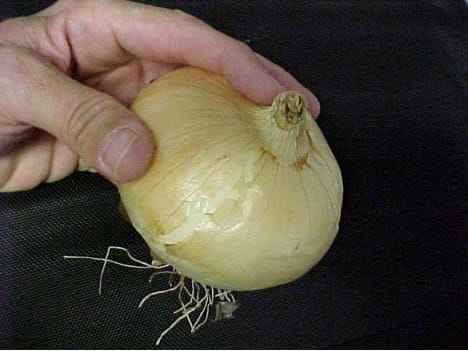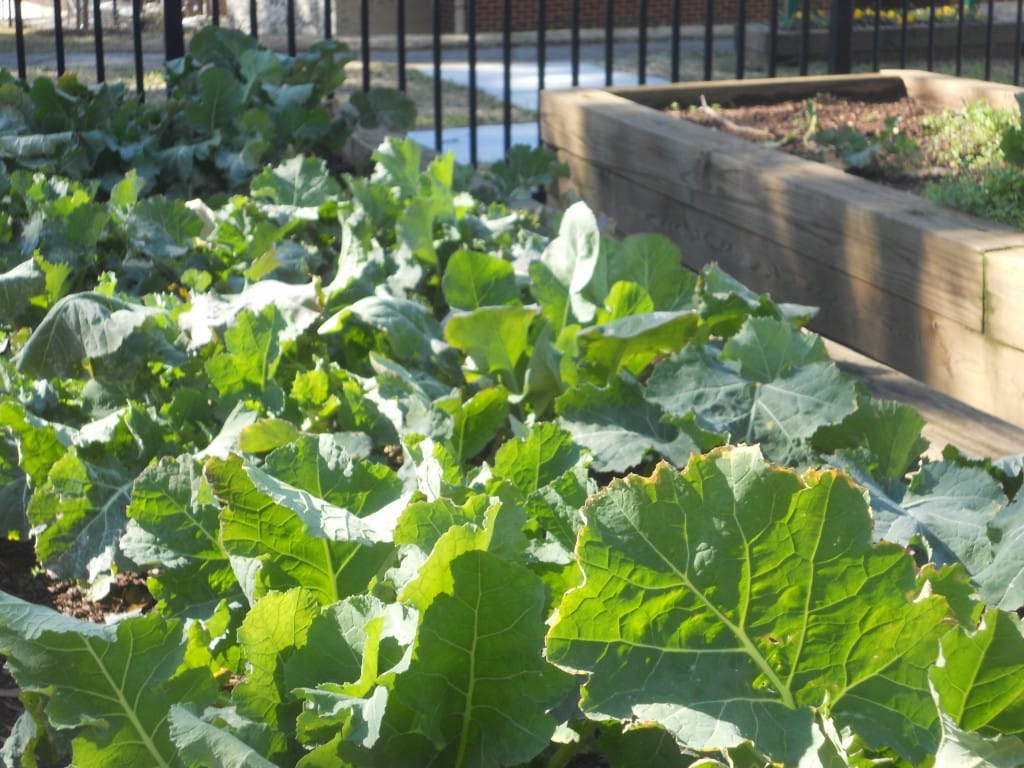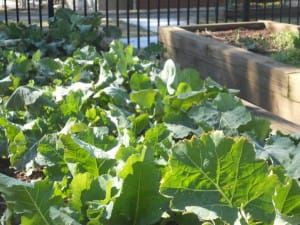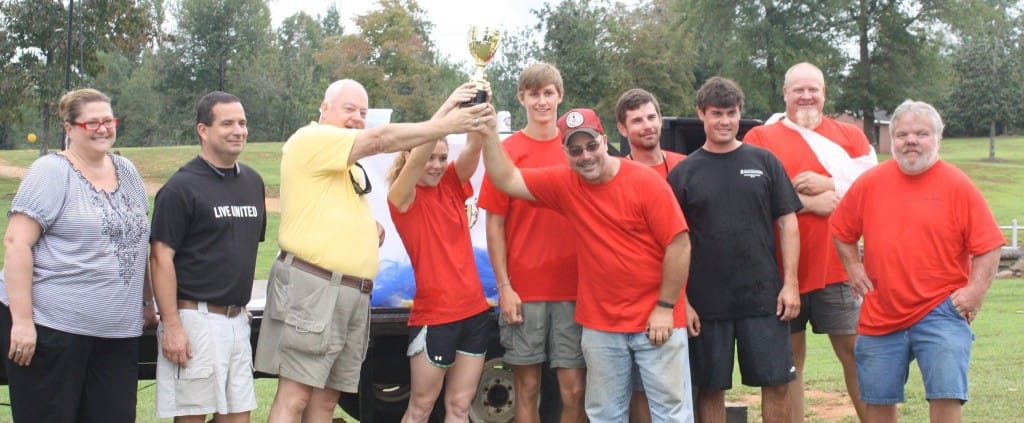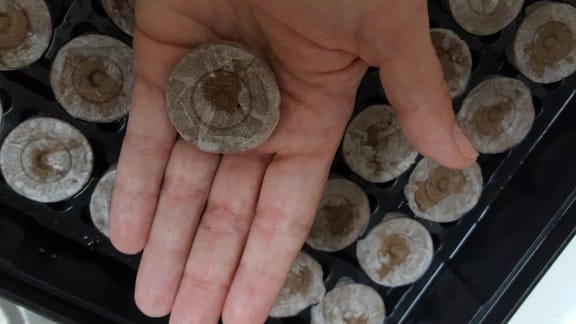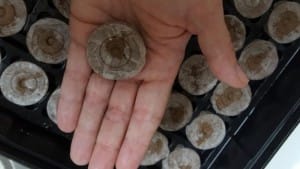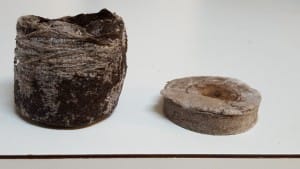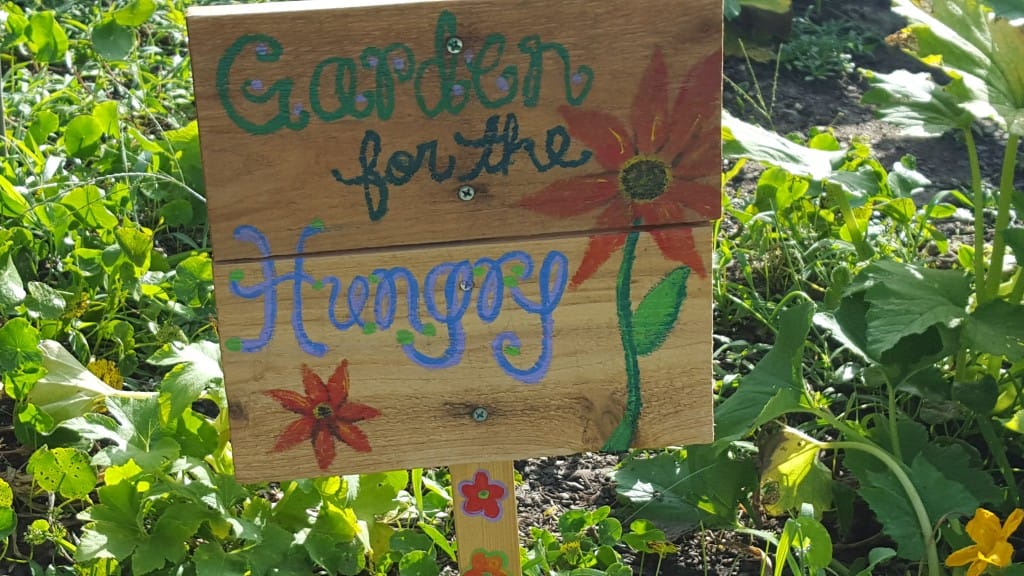Onions are a wonder in the Georgia garden. They are cool-season crops that require very little work. Ever wanted to try growing them? Now is your chance as Willie Chance gives us valuable instruction. Willie says….
The Cherokee rose is the state flower and the brown thrasher is the state bird. What is the state vegetable? The Vidalia onion!
Actually, most gardeners cannot grow onions and officially call them ‘Vidalia onions’. Production of certified Vidalia onions is limited by a marketing order to a specific area in south-central Georgia. However, gardeners can grow sweet onions by following certain practices.
Onions have two major flavors. Sugars make them sweet but pungent chemicals make the onions ‘hot’. A sweet onion has enough sugar to make it sweet but more importantly – it has a low level of the pungent compounds. The most important factor in making onions ‘sweet’ is having low levels of these pungent compounds. Levels of these compounds in the onion are controlled by proper variety selection, fertilization, watering, and time of planting.
